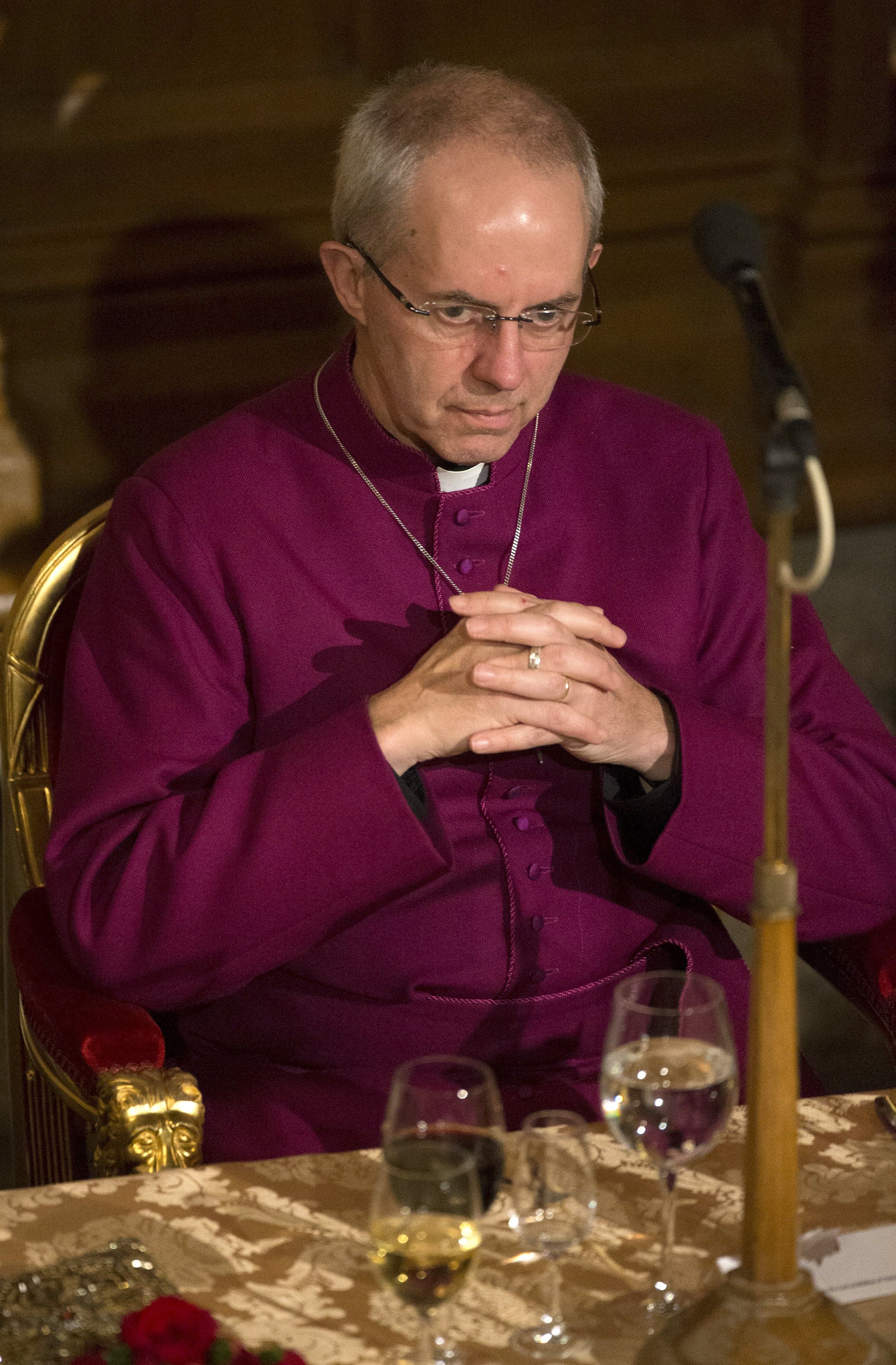LONDON • An advertisement produced by the Church of England showing Christians in public and private prayer was designed to promote a moment of contemplation among moviegoers as they settled down to watch the blockbuster film Star Wars: The Force Awakens.
Instead, it has provoked a ferocious debate over the role of religion in an increasingly secular Britain after it was refused screen time in most of Britain's movie theatres.
Based on the Lord's Prayer, the 60-second commercial was to be shown before the Star Wars movie, which opens next month.

The Church of England said it was bewildered by the decision, claiming it could have a "chilling effect" on free speech.
Prime Minister David Cameron was equally direct, describing the decision as "ridiculous".
The decision to reject the ad was made by Digital Cinema Media, an advertising firm that says it handles 80 per cent of advertising in British theatres. It comes as Britain, like other European nations, has been wrestling with ways to assimilate minority groups that include those with a variety of faiths.
The ad starts with a shot of the Most Reverend Justin Welby, the Archbishop of Canterbury and the spiritual leader of the Anglican Church. It features lines from the Lord's Prayer recited by a range of people, including a weightlifter, a police officer and a mourner at a graveside.
"This advert is about as offensive as a carol service on Christmas Day," Archbishop Welby told The Mail on Sunday newspaper.
But Digital Cinema Media said on Twitter that it had "a policy of not accepting political or religious content for use in its cinemas".
"Some advertisements - unintentionally or otherwise - could cause offence to those of differing political persuasions, as well as to those of differing faiths and indeed of no faith," the company said, adding that it treated "all political or religious beliefs equally" in that regard.
The Church received some unexpected backing from prominent atheist Richard Dawkins, author of the religion-baiting bestseller The God Delusion. He told The Guardian that he at first had objected, thinking it was a restriction on free speech, but now believed it was a commercial decision.
"I still strongly object to suppressing the ads on the grounds that they might offend people. If anybody is offended by something so trivial as a prayer, they deserve to be offended," he said.
British campaigners for a secular society argued that if the advertisement were shown, other religious groups might gain the right to have their material distributed in the same way. National Secular Society executive director Keith Porteous Wood said that his organisation did not find the ad offensive or object to it on principle.
The Church made the commercial to coincide with the launch of a website called Just Pray, intended to promote "the renewal of prayer in a digital age".
"The prospect of a multigenerational cultural event offered by the release of Star Wars: The Force Awakens was too good an opportunity to miss," said the Reverend Arun Arora, director of communications for the Church of England.
The Church said that the commercial was available online and that some small independent movie theatres wanted to show it.
NEW YORK TIMES, AGENCE FRANCE-PRESSE
